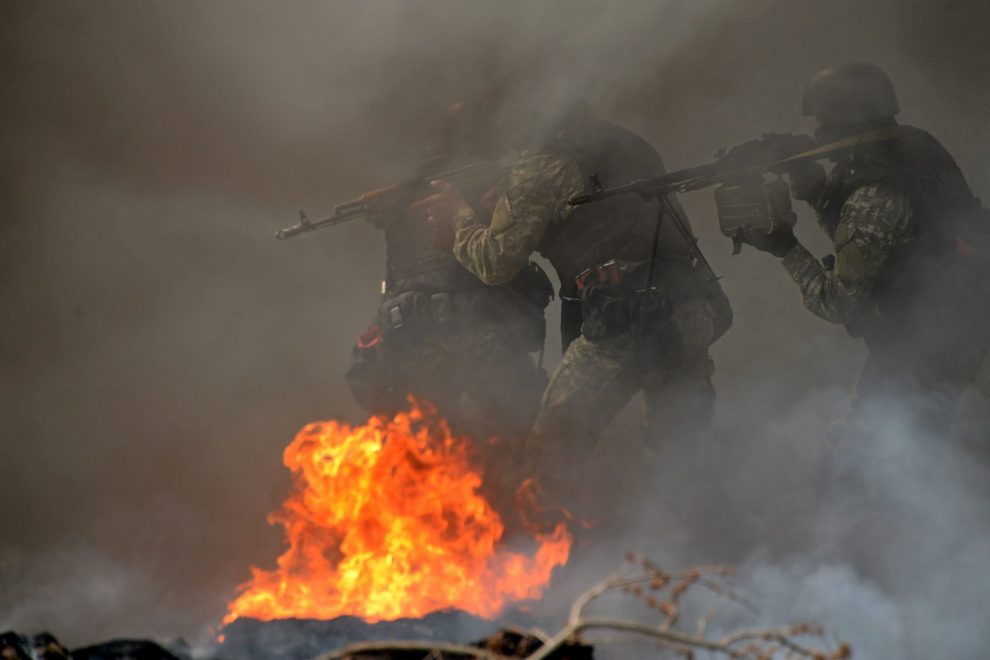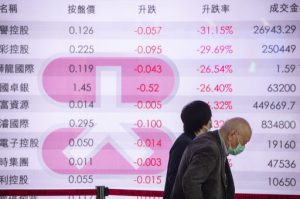Singapore and South Korea both tightened monetary policy on Thursday, hot on the heels of rate rises in Canada and New Zealand, as global policymakers moved quickly to prevent soaring inflation from derailing a fragile world economic recovery.
While the four central banks began tightening policy last year to stem price rises caused by coronavirus-driven logistics bottlenecks, the war in Ukraine, which started February 24, has since intensified supply pressures, prompting policymakers to bring forward planned rate rises.
“We’re likely to see more Asian central banks push forward the timing of interest rate hikes,” Toru Nishihama, chief economist at Dai-ichi Life Research Institute in Tokyo, said.
“That could hurt growth but with inflation becoming a more imminent concern, there’s little choice for them but to move toward tighter monetary policy.”
Asia-Pacific economies largely lagged behind US and European re-openings from the pandemic, which meant central banks in Australia, India and Southeast Asia had up until now mostly seen inflation pressures as transitory, with a focus more on shoring up their recoveries.
Singapore, South Korea and New Zealand were the exceptions and they were particularly concerned about surging import price costs and financial stability more generally.
The Bank of Korea delivered a surprise quarter of a percentage point rate rise on Thursday.
‘Kokomo Club Aims to Get There Fast’
Most economists had expected it to hold fire while it awaited the appointment of a new governor but with inflation in Asia’s fourth-largest economy running at a decade-high, the bank said waiting was not an option.
Singapore, meanwhile, tightened its policy, which influences its currency rather than interest rates, for the third time in six months, citing fresh risks from the Ukraine war.
Both meetings came less than a day after commodity-rich economies New Zealand and Canada lifted their respective rates by a hefty half a percentage point, their largest rises in two decades.
New Zealand’s rise was larger than what economists had expected and Canada warned more would be needed.
Vishnu Varathan, head of economics and strategy at Mizuho Bank, said Singapore, South Korea, New Zealand and Canada were part of a group that saw an urgent need to get ahead of the inflationary threat.
“The so-called ‘Kokomo’ club of central banks that aim to ‘get there fast, and then take it slow’ necessarily are inclined to front-load tightening, with 50 basis point hikes as a hallmark,” Varathan said, referring to lyrics from the Beach Boys’ 1988 hit song.
- Reuters, with additional editing by George Russell
READ MORE
Former HK Central Bank Chief Says US Sanctions ‘Crazy’ – SCMP
Myanmar Central Bank Vice-Governor Shot at Home in Yangon
Brazil’s Central Bank Quadruples its Yuan Reserves
























